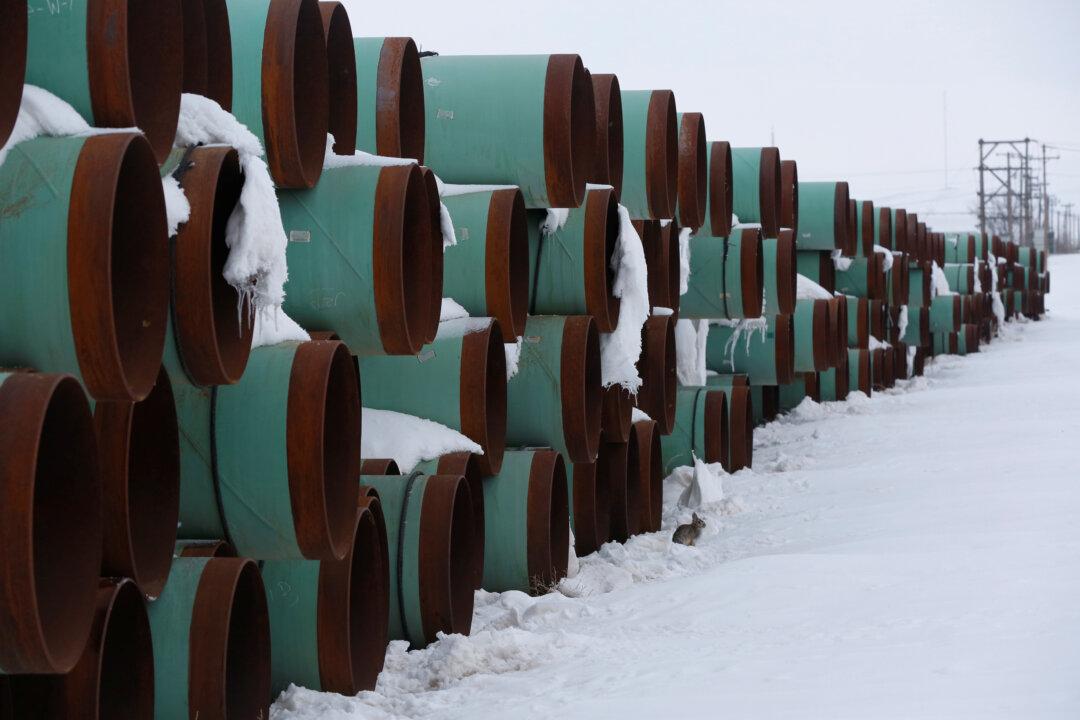Fourteen Republican attorneys general are urging President Joe Biden to reconsider his decision to cancel a permit for the construction of the Keystone XL crude oil pipeline, alleging severe economic harm and threatening to take legal action.
“We write with alarm regarding your unilateral and rushed decision to revoke the 2019 Presidential Permit” for the pipeline, the officials wrote in a Feb. 9 letter (pdf), initiated by Montana Attorney General Austin Knudsen.





